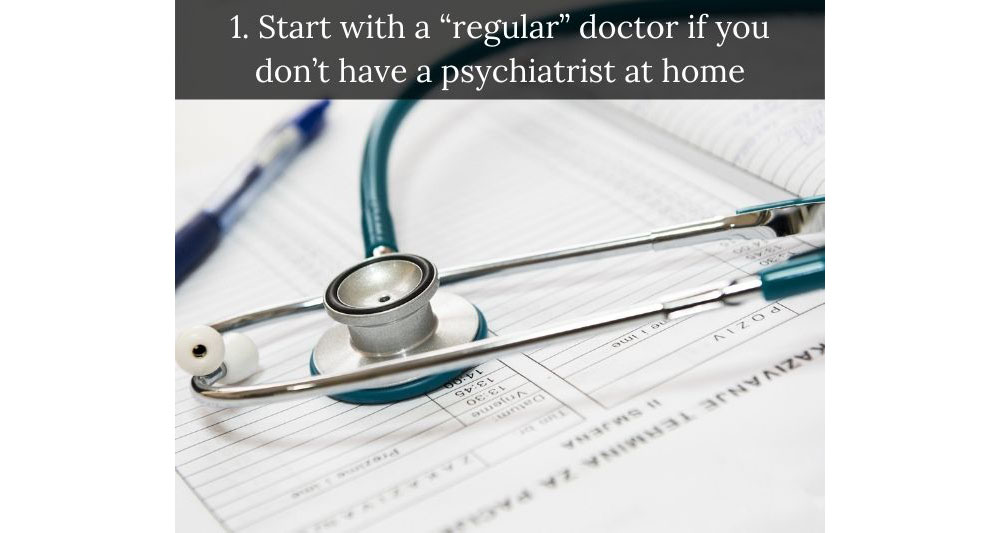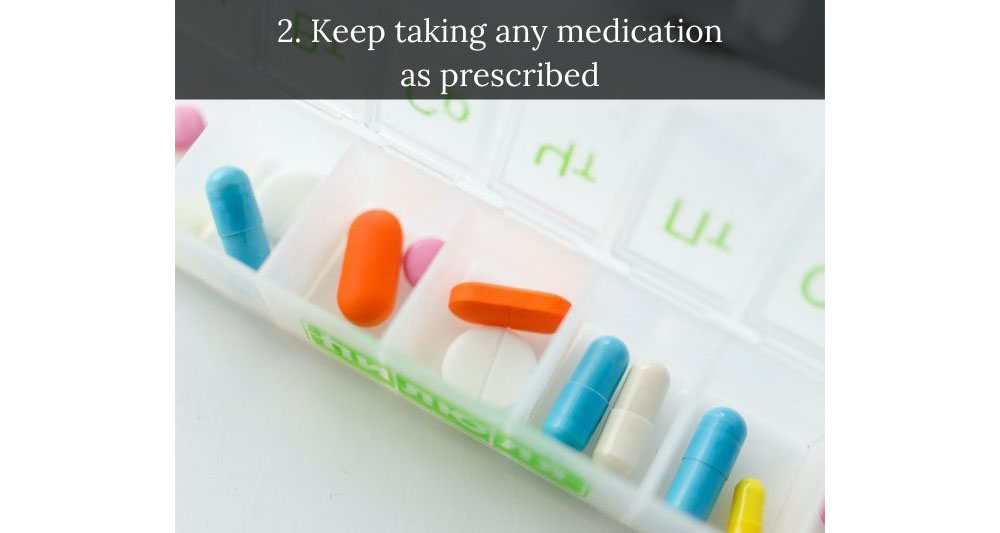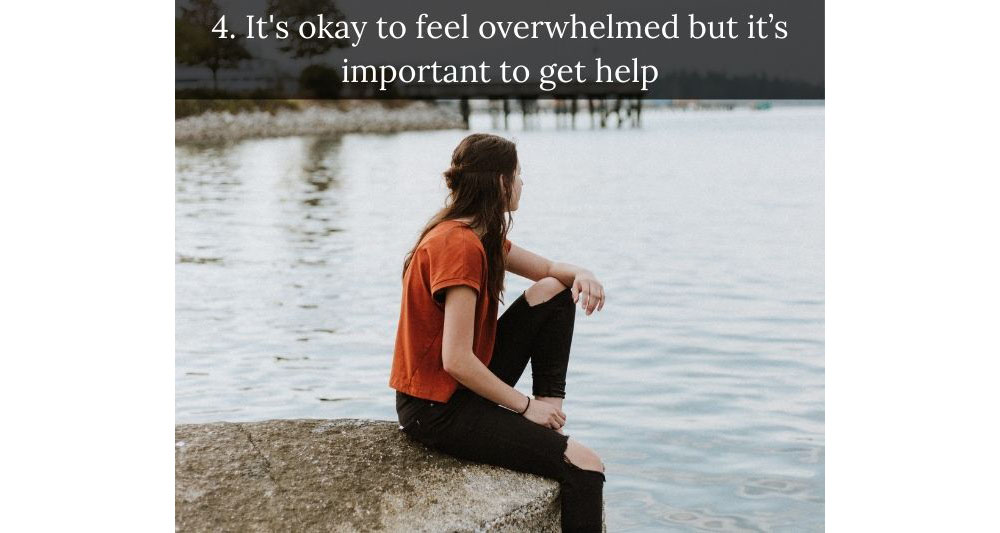4 Things to Know: Mental Health Resources for College Students Back at Home
Managing mental health in college can be hard enough, even without the COVID-19 pandemic to complicate things further. As colleges go remote for the fall semester or adapt to hybrid models of opening, those changes can be especially difficult if you’ve been relying on your university’s student health resources to manage your mental health. Here are 4 things to know if you’re back at home and not sure where to get the care you need.

If you’ve only seen a mental health professional at school, it can be tough to know how to get started at home with talk therapy or managing your medication. If you’re not sure where to go first, your primary care physician (the same doctor you’d go to for a physical illness) is a good place to start. Be sure to let them know about any medications or treatments that you’ve been receiving at school.

If you’re running low on your medication and don’t know how to refill it, you might be tempted to just stop taking it. You might even find that if you do stop suddenly, you’ll feel okay for a couple of weeks. But that’s because it can take a few weeks for the medication to leave your system. Once it does, you could be back to feeling like you did before you started treatment. It’s important to stay on any prescriptions until you talk to a doctor, not only because it’s important to keep treating your mental health, but because abruptly stopping medication can lead to discontinuation syndrome, which includes flu-like symptoms and can last for several weeks.

If you think that your parents will be supportive, try keeping them in the loop about how you’re doing and the fact that you’d like to keep seeing a doctor for your mental health. If you wish to maintain your confidentiality or if your parents are less supportive, framing your symptoms in physical terminology, such as fatigue or sleep disturbance, may help if they must be involved in your access to care. When you meet with a provider, ask to have some time alone with them, if this is not automatically provided. If cost is an issue, some mental health professionals work on a sliding scale and can help you get care at a more affordable price.

There have been so many changes in the past couple of months and this probably isn’t the college experience that you’ve been picturing. It’s okay to feel overwhelmed. Give yourself time to breathe and be disappointed, but know that there are places and people that can help you get through it. Remember that your mental health impacts every part of your life and it’s important to get the care you need.
If Covid-19 and social isolation are heightening your symptoms of depression, Greenbrook TMS therapy may be able to help. At Greenbrook, we specialize in TMS therapy — an FDA-cleared, non-invasive treatment for treatment-resistant depression and OCD without harmful side effects. See if TMS therapy is right for you by clicking here to take a brief assessment:



